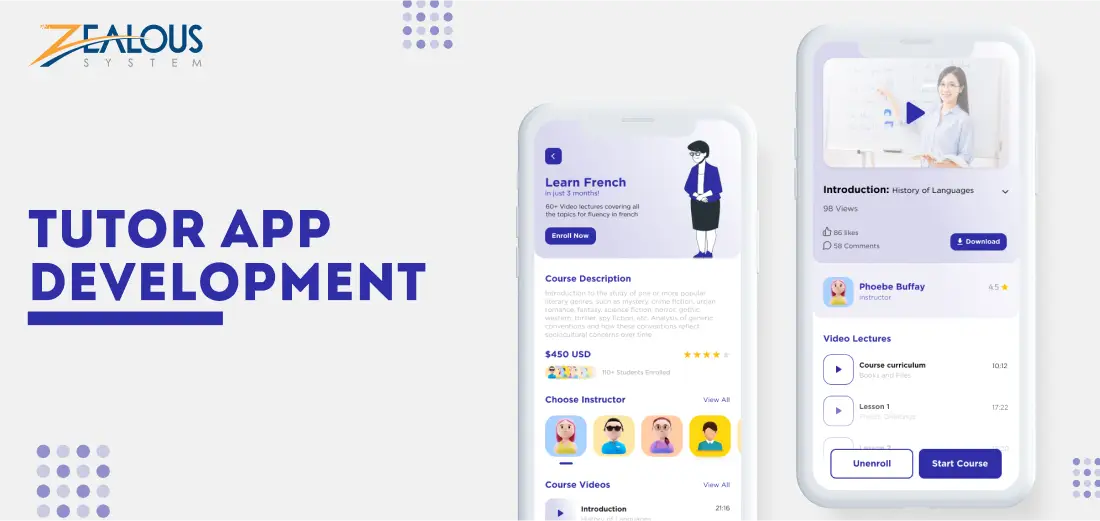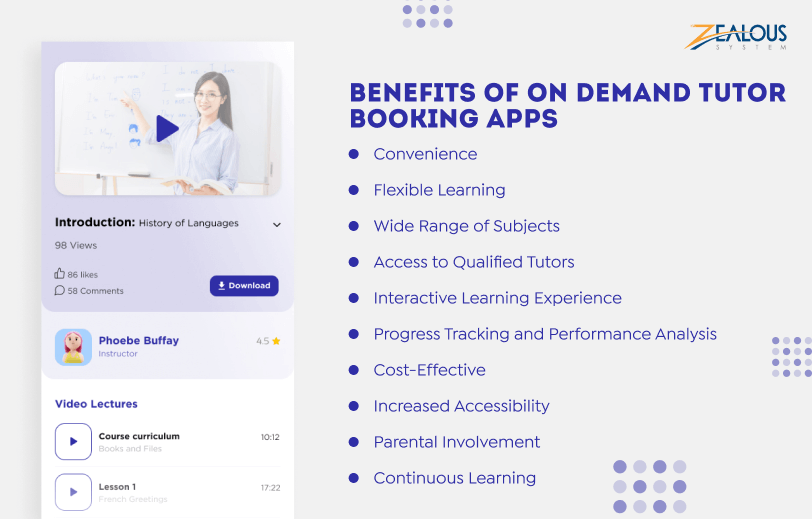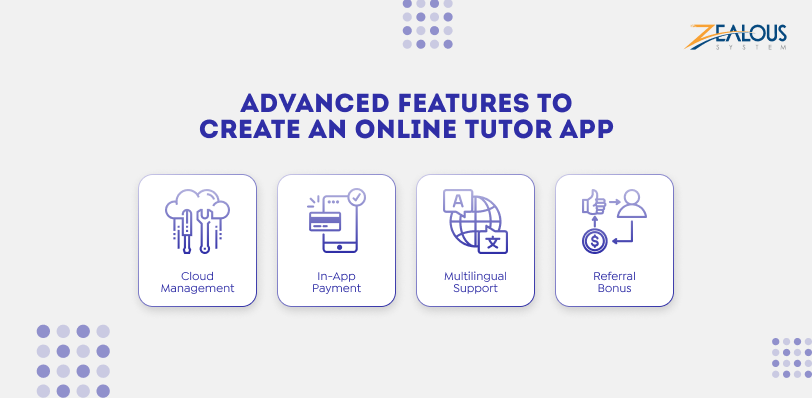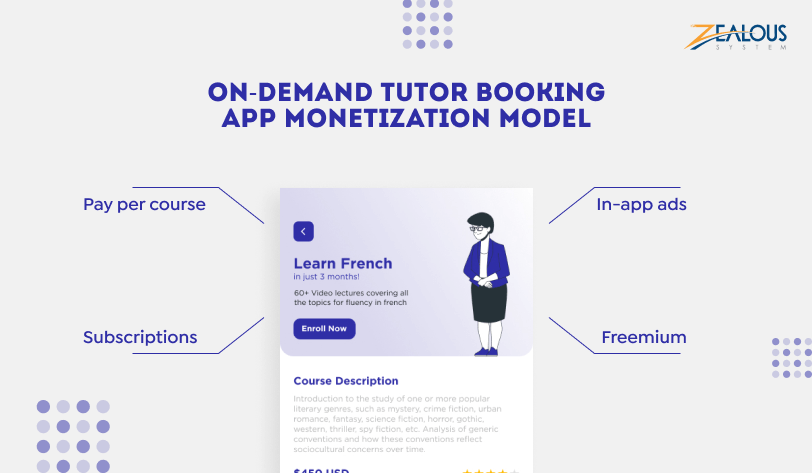
- Company
- Services
- UI/UX Design Services
- Microsoft Dynamics 365
- Mobile App Development
- AI Software Development
- Web App Development
- Generative AI Development
- Digital Product Development
- Enterprise Mobility
- SaaS Application Development
- Application Integration
- White-label WP Maintenance
- ERP Software Solutions
- Software Testing
- Offshore Development Center
- Let’s Connect
- Trending
- Technology
- Industry
- Build Your Team
- Our Work
- Company
- Services
- UI/UX Design Services
- Microsoft Dynamics 365
- Mobile App Development
- AI Software Development
- Web App Development
- Generative AI Development
- Digital Product Development
- Enterprise Mobility
- SaaS Application Development
- Application Integration
- White-label WP Maintenance
- ERP Software Solutions
- Software Testing
- Offshore Development Center
- Let’s Connect
- Trending
- Technology
- Industry
- Build Your Team
- Our Work
We use cookies and similar technologies that are necessary to operate the website. Additional cookies are used to perform analysis of website usage. please read our Privacy Policy
How to Develop an On-Demand Tutor Booking App in 2024?

Within the last decade, technology has played an integral role in our daily lives, it’s no surprise that education is also adapting to the digital era. Gone are the days of rigid classroom settings and limited tutoring options. Enter the era of on-demand tutor booking app development, a game-changing solution that connects students with qualified tutors at their fingertips.
This read is an exploration of the fascinating world of how to develop on-demand tutor booking app, giving a light on the essential aspects such as the cost, features, and the technology stack that powers these platforms. Whether you’re an entrepreneur looking to venture into the EdTech industry or a student seeking efficient and personalized learning experiences, this article will provide valuable insights on online tutor booking app development.
Develop an On-Demand Tutor App: It’s Market Size and Statistics
As per the report from Grand View Research, the online tutoring market is growing rapidly, and the on-demand tutoring segment is leading the way. The global market for online tutoring was valued at USD 7.69 billion in 2022 and is expected to reach USD 23.73 billion by 2030, with a CAGR of 14.9% from 2023 to 2030.
There are a number of factors driving the growth of the online tutoring market, including:
- The increasing demand for personalized learning
- The rising cost of traditional education
- The growing popularity of e-learning
- The increasing availability of high-speed internet
Having said that, if you’re looking for on-demand tutor booking app development, you must be curious about the cost and the surrounding perspectives. To answer your curiosity, we will first see what online tutor booking app development is.
What is a Tutor App?
A tutor app is an on-demand tutor booking app that provides online tutoring services. Tutor apps allow students to connect with tutors in real time or asynchronously, depending on their needs. Tutor apps typically offer a variety of features, such as video chat, voice chat, text chat, and file sharing. They also often have features that allow students to track their progress and get feedback from their tutors.
Online Tutor booking apps can be a great way for students to get help with their studies. They offer convenience, flexibility, and affordability. Students can access tutor apps from anywhere, at any time, and they can usually find a tutor who specializes in the subject they need help with.
How Does A Online Tutor App Work?
An online tutoring app allows students to find and connect with tutors in their area or around the world for one-on-one or group sessions. The app typically features a search function that allows students to filter tutors by subject, experience, and availability. Once a student finds a tutor they’re interested in, they can book a session through the app. The session can then be conducted via video chat or another live virtual platform.
Benefits of On Demand Tutor Booking App Development
On-demand tutor booking app development can bring numerous benefits to various stakeholders, including students, tutors, and the platform operators. Here are some of the key benefits:
Convenience
On-demand tutor booking apps provide the convenience of accessing online tutoring services anytime and anywhere. Students can easily book sessions with tutors based on their own schedule and preferences, eliminating the need for fixed time commitments or physical travel.
Flexible Learning
Tutor booking app development offers flexible learning options, allowing students to learn at their own pace. They can choose specific topics or subjects they need help with, making the learning process more personalized and targeted to their individual needs.
Wide Range of Subjects
On-demand tutor booking apps typically offer a wide range of subjects and disciplines, ensuring that students can find tutors for various academic requirements. From mathematics and science to language learning and test preparation, there is a diverse pool of tutors available for different subjects.
Access to Qualified Tutors
With online tutor booking app development, they often have a rigorous screening process to ensure that tutors are qualified and experienced in their respective fields. Students can have peace of mind knowing that they are learning from competent professionals who can provide accurate information and effective guidance.
Interactive Learning Experience
Many on-demand tutor booking apps incorporate interactive features such as video calls, chat functions, and digital whiteboards, enhancing the learning experience. These features allow students to engage in real-time discussions, ask questions, and receive immediate feedback from tutors.
Progress Tracking and Performance Analysis
On-demand tutor booking apps often provide progress tracking and performance analysis features, allowing students to monitor their learning progress over time. This enables them to identify areas of improvement and track their academic growth.
Cost-Effective
On-demand tutoring booking apps often offer competitive pricing options compared to traditional tutoring services. Students can choose from different pricing models, such as pay-per-session or subscription plans, based on their budget and requirements.
Increased Accessibility
On-demand tutor booking apps eliminate geographical barriers, enabling students to connect with tutors from different locations. This is especially beneficial for those in remote areas or regions where quality tutoring services may be limited.
Parental Involvement
On-demand tutor booking apps often provide features that allow parents to track their child’s progress, view session history, and communicate with tutors. This promotes parental involvement in their child’s education and allows for better collaboration between parents, students, and tutors.
Continuous Learning
On-demand tutoring booking apps promote lifelong learning by providing access to educational resources, study materials, and additional learning resources. This encourages students to engage in continuous learning beyond their scheduled tutoring sessions.
Must-Have Features In A Tutor Booking App
An on-demand tutor booking app needs to have essential features for students, tutors, and administrators to have a great experience. Here are the must-have tutoring booking app features for each panel:
Student Panel for Tutor Booking App Development
- User Registration: Allows students to create an account by providing basic details like name, email, and password in tutor booking app development.
- Search and Filter: tutor booking app development allows students to search for tutors based on subjects, qualifications, availability, and location, with advanced filters for specific requirements.
- Tutor Profiles: Displays comprehensive tutor profiles with details such as experience, qualifications, reviews, ratings, and hourly rates.
- Booking and Scheduling: Students can book tutoring sessions directly through the tutoring booking app and manage their schedules efficiently.
- In-app Communication: Provides a chat or messaging feature for smooth communication between students and tutors, allowing them to discuss topics, ask questions, and share files.
- Payment Integration: Facilitates secure and convenient online payment methods, allowing students to pay for tutoring services through the tutoring booking app.
- Reviews and Ratings: Students can also rate and provide feedback on tutors’ services, helping other students make informed decisions in tutor booking app development.
Tutor Panel for Tutoring Booking App Development
- Profile Creation: Tutors can create a profile with details such as qualifications, subjects, availability, experience, and hourly rates.
- Booking Management: Provides an overview of upcoming tutoring sessions, allowing tutors to accept or decline bookings, manage their schedules, and set availability preferences.
- Communication Tools: Offers in-app messaging or chat functionality to facilitate communication with students, allowing tutors to address queries and share resources.
- Earnings and Payments: Provides a transparent view of earnings, allowing tutors to track their income and receive payments securely through the tutor booking app development.
- Reviews and Ratings: Tutors will view and respond to student reviews and ratings, helping them enhance their services and reputation.
Admin Panel for Tutor Booking App Development
- Dashboard: A centralized dashboard for administrators to manage and monitor the overall system, including user activities, bookings, and payments.
- User Management: An ability to manage student and tutor accounts, including user registration, verification, and profile updates.
- Content Management: Administrators can update and manage content within the tutor booking app, including subjects, categories, and pricing.
- Analytics and Reporting: Provides detailed analytics and reports on user engagement, booking trends, revenue, and other key metrics, helping administrators make data-driven decisions.
- Support and Feedback: Administrators are authorized to address user queries, handle disputes, and provide customer support efficiently in tutor booking app.
Advanced Features to Create an Online Tutor App
Some of the key advanced features that can be included in an online tutor booking app development:
Cloud Management
Implementing cloud management allows for extended storage and access to educational resources, lesson materials, and student data. This ensures that tutors and students can access their content from any device with an internet connection, facilitating a flexible and personalized learning environment.
In-App Payment
With in-app payment integration, the tutoring booking app enables secure and convenient transactions between tutors and students. Students can easily make payments for tutoring sessions or subscription plans within the tutor booking app, eliminating the need for cash transactions or separate payment platforms.
Multilingual Support
Incorporating multilingual support enables the tutoring booking app to serve a wide user base. Students and tutors can interact, communicate, and access content in their preferred language, ensuring inclusivity and better understanding of the learning material.
Referral Bonus
A referral bonus feature encourages students to invite their friends and acquaintances to join the tutoring booking app . By offering incentives or discounts for successful referrals, the app can grow its user base while rewarding existing users, fostering a sense of community and loyalty.
10 Steps to Develop an On-demand Tutor Booking App?
Here are the technical step by step guide to develop online tutor booking app development:
1. Define the App’s Objectives
- Clearly articulate the main purpose of the tutor booking app, whether it’s connecting students with tutors, providing access to specialized subject experts, or offering a platform for exam preparation.
- Identify the specific target audience, such as K-12 students, college students, professionals, or individuals seeking skill development.
2. Conduct Market Research
- Study competitors in the on-demand tutoring market to identify their strengths, weaknesses, and unique selling points.
- Gather user feedback through surveys or focus groups to understand their pain points, preferences, and expectations from an on-demand tutor app booking app development.
3. Design User-friendly Interface:
- Create a visually appealing and intuitive interface with easy-to-navigate menus and clear information hierarchy.
- Utilize a consistent color scheme, typography, and visual elements to enhance brand recognition and user experience.
4. Develop the Backend
- Implement a strong user authentication system to ensure secure access for tutors and students.
- Build a scalable database architecture to manage user profiles, session details, scheduling, and payment information efficiently.
5. Implement Tutor Matching Algorithm
- Design an algorithm that takes into account user preferences, subject expertise, availability, and ratings to provide accurate tutor recommendations.
- Incorporate intelligent matching mechanisms that consider factors like learning style compatibility and location proximity for optimal tutor-student pairings.
6. Integrate Real-time Communication
- Incorporate a chat feature that allows students and tutors to communicate in real time for instant clarification and progress tracking.
- Integrate video conferencing capabilities to facilitate virtual face-to-face sessions and screen sharing for interactive learning experiences.
7. Implement Payment Integration
- Integrate a secure payment gateway that supports multiple payment options to ensure convenience and user trust.
- Implement a transparent pricing system, including options for per-session payment, subscription plans, or package deals in online tutor booking app.
8. Test and Debug
- Conduct rigorous testing to identify and fix any bugs, usability issues, or performance bottlenecks during testing phase of tutor booking app development.
- During tutor booking app development, Perform compatibility testing across multiple devices, operating systems, and screen sizes to ensure a seamless user experience.
9. Launch and Market your Tutor Booking App:
- Publish the app on popular platforms like Google Play Store and Apple App Store, ensuring it meets the respective guidelines and standards.
- Create a comprehensive marketing strategy that includes targeted advertising, social media campaigns, and collaborations with educational institutions or influencers.
10. Gather User Feedback and Iterate:
- Encourage users to provide feedback and ratings within the app to continuously improve the user experience.
- Regularly update the tutor booking app with new features, enhancements, and bug fixes based on user feedback and market trends.
Tech Stacks for On-Demand Tutor Booking App Development
When building a successful on-demand tutor booking app, selecting the right tech stack is crucial for a great user experience and efficient functionality. Here are some popular tech stacks commonly used in online tutoring mobile app development:
- Programming Languages: Swift, Kotlin, Java, React Native, Flutter
- Payments: Stripe, GooglePay, Braintree & PayPal
- Push Notifications: Twilio, Push.io
- Voice, SMS, and Phone Verification: Twilio, Nexmo
- Real-Time Analytics: Cisco, IBM, Hadoop, Spark, BigData, Apache Flink
- Cloud Environments: Google, Azure, AWS
- Database: Cassandra, MailChimp Integration, MongoDB, Hbase, Postgres
By using these tech stack, on-demand tutor booking app development will be much easier and a great outcome can be expected.
Technology Trends To Implement In An On-demand Tutor App
Here are some technology trends that you can implement in your on-demand tutor app:
Nano learning
Microlearning is an effective approach to deliver educational content in concise, easily digestible formats. By breaking down information into bite-sized chunks, students can learn at their own pace and concentrate on subjects that captivate their interest. This method increases engagement and motivation among learners.
AI and automation
You can use AI to automate tasks such as matching students with tutors, providing customer support, and grading assignments. This can free up your time so that you can focus on other aspects of your business, such as developing new features and improving the overall user experience in on-demand tutor booking app development.
Immersive learning with AR and VR
AR and VR can be used to create immersive learning experiences that allow students to interact with the material in a more engaging way. For example, you could use AR to overlay virtual objects onto the real world, or VR to transport students to a simulated environment.
Gamification
Gamification is the use of game elements in non-game contexts. Gamification can be a great way to motivate students and keep them engaged in the learning process. For example, you could award points or badges for completing tasks, or create leaderboards to track students’ progress.
Blockchain
Blockchain can be used to create a secure and transparent system for tracking student progress and payments in your on-demand tutor app. Blockchain can also be used to store educational records, which can make it easier for students to transfer credits between institutions.
How Much Does it Cost to Build an On-Demand Tutor Booking App?
The cost of building an on-demand tutor booking app can vary depending on a number of factors, including the features and functionality of the app, the complexity of the design, and the development team you choose. However, as a general rule of thumb, you can expect an amount anywhere from $15,000 to $30,000 or more for a more complex app with advanced features.
Talking about complexities, such factors can highly affect on-demand tutor booking app’s cost estimation.
- Simple Tutor Booking App Development Costs: The Costs between $10,000 to $15,000 or more and takes 3 to 5 months in tutor booking app development.
- Medium-Level Tutor Booking App Development Costs: The Costs approximately $15,000 to $40,000 or more and takes 5 to 8 months to develop tutor booking app.
- Advanced Level Tutor Booking App Development Costs: The Average cost is around $50,000 to $80,000 or more and takes 9+ months in tutor booking development.
On-demand Tutor Booking App Monetization Model
On-demand tutor booking apps offer a variety of monetization models, each with its own advantages and disadvantages. Here is a more detailed look at each model:
Pay per course
Pay per course model is ideal for apps that offer a wide variety of courses. Students can pay to access individual courses, and they can only access the courses they have paid for. Pay per course model can monetize money from apps that offer high-quality content or that target a niche audience. However, it can also be limiting for students who want to access a variety of courses.
Subscriptions
Subscriptions are ideal for apps that offer a limited number of courses or that offer a variety of premium features. Students can pay a monthly or annual subscription fee to access all of the courses or features offered by the app. Subscriptions can generate recurring revenue from apps that have a large user base.
In-app ads
In-app ads are a great way to generate revenue from free apps. Advertisers can pay to have their ads displayed in the app, and users can earn rewards for viewing or clicking on the ads. This model benefits in generating revenue from apps having a large user base.
Freemium
Freemium model is a hybrid of the pay per course and subscription models. Students can access a limited number of courses for free, and they can pay to access additional courses or premium features. Freemium is a good route to attract a large user base and then monetize that user base with premium features or in-app ads.
The best monetization model for an on-demand tutor booking app will depend on a number of factors, including the type of app, the target audience, and the app’s budget.
Conclusion
Now that we have reached the end of this blog, you must be aware of all the insights on on-demand tutor booking app development. Starting from the introduction to its monetization model.
So, if you have an Edtech STartup or an eLearning app development in mind, Zealous is your go-to stop for tutor booking app development. With over a decade of experience in various verticals, we can build your on-demand tutor app as per your requirements. Reach out to us for more information.
Read Also:
- eWallet Mobile App Development: Key Features and Cost Estimation
- How Much Does It Cost to Create an App?
- How to Find App Developers?
- How to Build AI Mobile App Using OpenAI APIs?
We are here
Our team is always eager to know what you are looking for. Drop them a Hi!
Pranjal Mehta
Pranjal Mehta is the Managing Director of Zealous System, a leading software solutions provider. Having 10+ years of experience and clientele across the globe, he is always curious to stay ahead in the market by inculcating latest technologies and trends in Zealous.
Table of Contents
×




Comments